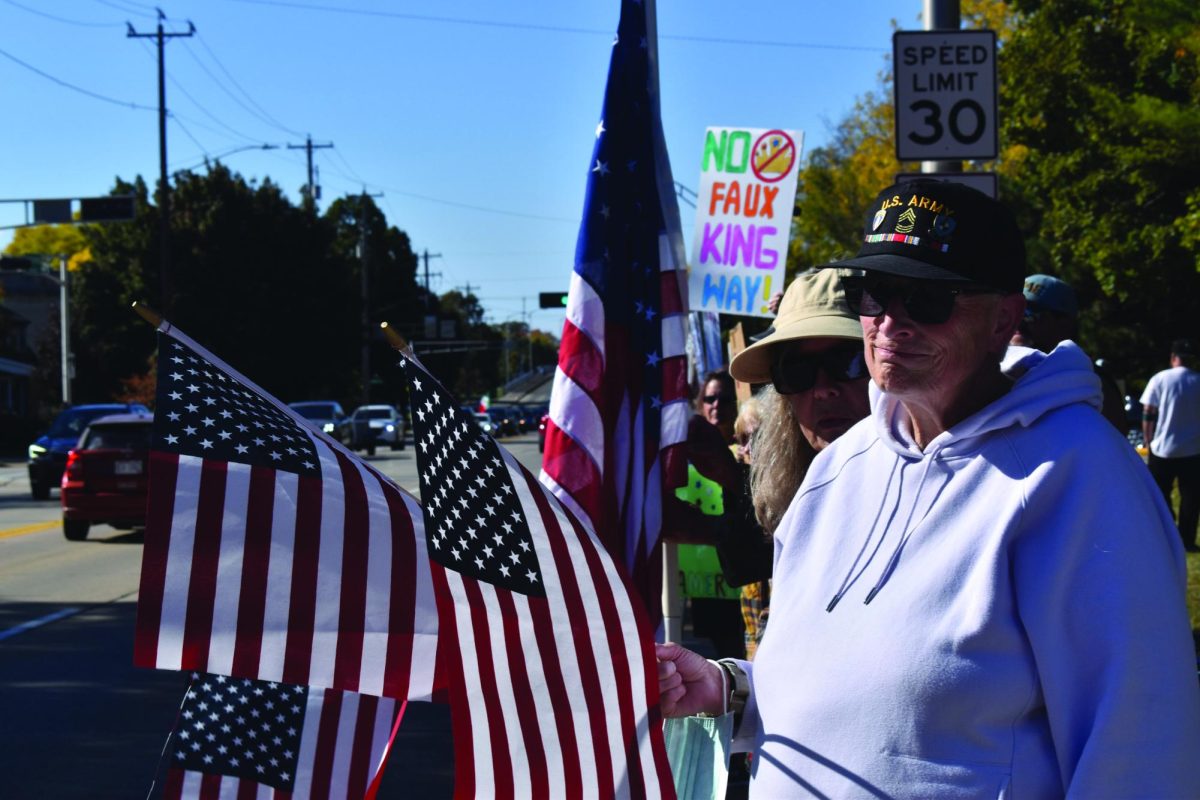A public screening of The Hunting Ground and a panel discussion promoted awareness of sexual assault on college campuses in Sage Hall on Thursday, April 30. The film interviewed several rape victims from college campuses throughout the United States and the common theme among all of them was a lack of justice for the crime committed against them. Victims of sexual assault, Andrea Pino and Annie Clark, said there is a problem with how universities nationwide handle sexual assault cases, and they decided to do something about it. According to both victims, one of the main problems was when students would go to college administration to report an assault, they would be blamed for the incident. According to the film, universities avoided reporting sexual assaults because they wanted to keep their records clean, making their campus more appealing to current and prospective students and their families. The film pointed out universities may not report sexual assault incidents in order to protect possible alumni donations. After extensive research, the two women decided schools nationwide were violating Title IX of the Education Amendments. Pino and Clark connected with other victims of sexual assault from across the United States and decided to start a movement to achieve justice. According to the film, 16 to 20 percent of undergraduate women will be sexually assaulted. After the film, a panel made up of Beth Heuer, UWO allumna and author; Ameerah McBride, director of Equality and Affirmative Action; Jennifer Haese, assistant dean of studnents and Spencer Holms, a UWO student discussed the film. Heuer is the author of Healing a Wounded Heart and a victim of sexual assault. As I started telling my story, I found that people started telling me their stories, Heuer said. Heuer said it took 20 to 25 years to tell someone about her being sexually assaulted, but said talking about what happened helps others who may be in similar situations. We need to tell our stories to help connect us to others, Heuer said. Heuer said she is supportive of the people who did interviews for the film. The people who spoke in this film have a great deal of courage and strength, Heuer said. Haese said she works on behalf of students who were victims of sexual assault and has been in the position for almost a year. Haese said the Dean of Students office went through the Cleary Report to help eliminate the victim blaming when it comes to sexual assault. Haese said the campus doesnt have as much power as a court, but victims still matter. Your voice matters, and we are always here for you, Haese said. The film also mentioned the role fraternities have played in the problem of sexual assault on campus. Spencer Holms represented Greek life on campus in the panel and said there have been minimal reports of hazing on campus and all were taken care of right away. Holms also said there are rules to limit the amount of alcohol allowed at fraternity events and guest lists to help in preventing problems. Holms said students who attend fraternity events can be assured those hosting the party are not harmful and they are willing to intervene in any situation when a guest may feel uncomfortable. Fraternity gentlemen are willing to help and not hurt when needed, Holms said. McBride said a particular part of the film stood out to her. A very powerful part of [the movie was made] because of student activism, McBride said. McBride said the Its On Us campaign at UWO helps deal with sexual assault on campus. Its a movement to provide universities with better tools to prevent sexual assault, McBride said. It focuses on building the community so they can help one another.
Categories:
Film promotes sexual assault awareness
May 6, 2015
0
More to Discover








